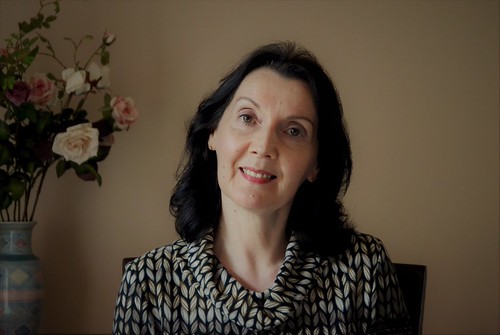“Break-ups
are like a broken mirror. It is better to leave it broken than hurt yourself
trying to fix it.”
We have all been there – those moments of
doubt, fear, anxiety and sadness, attributed to a relationship which we know
deep down is just not working, and yet we cannot let go. There are many reasons
why we cling to a relationship, especially one of many years. I have listed
below some of those reasons and why nothing is as simple as it might seem.
These refer to those relationships which are not abusive:
Emotional attachment
By remaining
emotionally attached to the other person, it makes it very difficult for you to
heal and move on. Initially, and especially if you still have strong feelings
for the other person, this can be very hard. Ask yourself the following
questions and be honest:
Will the children be happier?
What do I miss most about this relationship?
Do I fear being on my own?
Will I cease to have a social life?
Am I concerned about what other people will think?
Do I like who I am when I am with this person?
Will the children be happier?
What do I miss most about this relationship?
Do I fear being on my own?
Will I cease to have a social life?
Am I concerned about what other people will think?
Do I like who I am when I am with this person?
It might help to use a 0 – 10 scale on a
daily basis, and rate your emotional attachment accordingly. Keep going until
the scale sits at 0 – then you can begin to heal and move on.
Fear
Try to take out the fear factor and then look at how this might influence your decision.
Am I afraid of being alone?
Have I invested too much in this relationship to simply walk away?
Love
There is a difference between loving someone and being in love with that person. The fact that you have to ask this question shows that you are having doubts.
Do you look forward to this person coming home in the evening, or do you look forward to this person leaving in the morning?
Do I still love this person?
There is a difference between loving someone and being in love with that person. The fact that you have to ask this question shows that you are having doubts.
Do you look forward to this person coming home in the evening, or do you look forward to this person leaving in the morning?
Do I still love this person?
Needs
If you feel you are always
compromising or going out of your way to facilitate your partner, who does not
reciprocate, then question if your needs are being met or if this is a
one-sided relationship.
To many, the ending of a relationship
signifies some kind of failure. However, relationships are constantly changing
and growing, and within these changes we may find we have simply grown apart.
If, after discussion, counselling, or relationship therapy you still find that
nothing has changed, then the decision to end the relationship needs to be
made. To end a relationship in the proper manner shows respect for what you
once meant to each other and allows you both to walk away with dignity and
integrity.


















